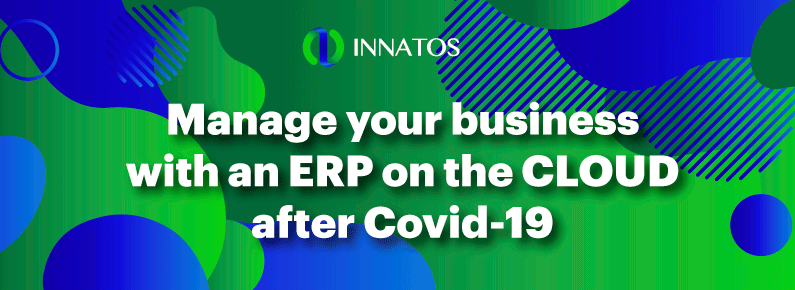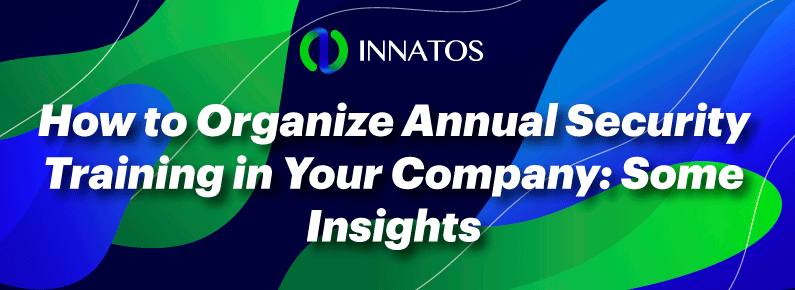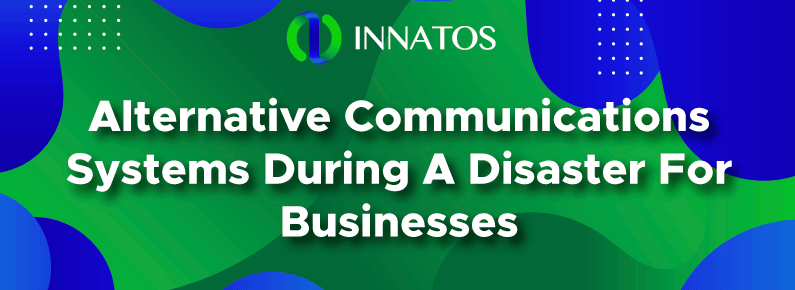Manage your business with an ERP on the CLOUD during and after Covid-19.
Manage your business with an ERP on the CLOUD during and after Covid-19. The idea of moving from the traditional labor model to a workforce that operates remotely is nothing new. On paper. The truth is that there has been a lot of theorizing about the importance and/or desirability of implementing more flexible work models in which in-office and remote work could be combined. In fact, many areas operate on mobility as a matter of course (sales, warehouse, etc.), however, the decision to openly implement more flexible models had not yet taken off in the SME ecosystem. The health crisis and the ensuing economic recession have driven the change, firstly, because of the imperative need to provide business continuity while safeguarding employee security. And secondly, because of the multiple benefits, including cost savings, of remote working. Flexibility, autonomy, creativity, work-life balance and improved levels of job satisfaction are some of the advantages of working outside the office.
ERP in the current day
 It’s clear that not all jobs can be done remotely. And not all companies have the right culture to promote these models. But, in those cases where it’s possible, it’s worth analyzing, objectively, the data of remote work in terms of productivity, operating costs, geographical restrictions for new hires, displacements, rotation, and even contribution to environmental protection. As with everything else, with the information in hand, it will be easier to make the right decision.The cloud, or rather, platforms operating in the cloud have made the transition to remote working possible. The combination of laptops, low-cost monitors and high-resolution cameras with SaaS applications, powerful collaborative and communication tools, cloud storage systems, high-speed networks and end-to-end security solutions has made it possible for SMEs to bring to reality an idea they have been theorizing about for years.
It’s clear that not all jobs can be done remotely. And not all companies have the right culture to promote these models. But, in those cases where it’s possible, it’s worth analyzing, objectively, the data of remote work in terms of productivity, operating costs, geographical restrictions for new hires, displacements, rotation, and even contribution to environmental protection. As with everything else, with the information in hand, it will be easier to make the right decision.The cloud, or rather, platforms operating in the cloud have made the transition to remote working possible. The combination of laptops, low-cost monitors and high-resolution cameras with SaaS applications, powerful collaborative and communication tools, cloud storage systems, high-speed networks and end-to-end security solutions has made it possible for SMEs to bring to reality an idea they have been theorizing about for years.
In this context of change, ERP in the cloud, flexible, powerful and functional, has facilitated remote access to all the key functions of the company. And, not only has it enabled many SMEs to provide the stability they needed to drive business continuity, but it has also made each and every one of their operations cost-effective.
Therefore, cloud ERP facilitates the evolution towards the definition of a connected and remote SME. It’s an integrated enterprise resource management solution, with wide functional coverage and easy to use. But, in addition, the application of proprietary technology in its developments and the commitment to the provision of additional services are part of the differential value of this solution.
A differential value that is complemented by its high doses of flexibility and its ability to integrate with third-party platforms, which means that its scalability, security and functionality facilitate business continuity during the pandemic and long after.
The COVID-19 crisis will paradoxically drive the change in the SME ecosystem, accelerating the implementation of cloud solutions and hybrid work models in which people will operate from the office, from home, or from any other location. In general terms, Datisa specialists point out some reflections that we can extract from these critical months:
More mobility and better understanding of the business
Providing direct access to commercial platforms or financial management functions, or to specific data in real time, from any location with Internet access, optimizes not only commercial operations but also the profitability of the business. Ensuring uninterrupted connectivity does not imply permanent connection, but rather the fluid collaboration and flexibility needed to respond with the agility and precision demanded by the new scenario.
More efficient operations
Working remotely, even more so if you are doing it for the first time, can be both critical and challenging. Fortunately, cloud technology has shown the best version of itself and has facilitated 24/7 connectivity, allowing management teams to spend more time managing the more strategic aspects of the business. More detailed reporting, analytical monitoring of profitability or a closer relationship with customers, despite the distance, are the positive results of the possibilities offered by the cloud.
Virtual financial management: monitoring the operation, or the daily data of the business, provides the necessary information to make accurate decisions in real time.
Priority to digital transformation
The pandemic has accelerated digital transformation processes in the SME environment. For the first time, the need to implement more digital processes has been seen in real situations. This makes medium-term forecasts for technology implementation, process automation and digitalization in general more optimistic than ever.
ERP in the cloud: modern management software essential for today’s businesses
Modern management software is critical to understanding how recent disruptions are affecting companies in all industries. Fortunately, CRM, ERP and supply chain software have evolved dramatically in recent years, helping companies improve visibility into customer and supplier channels to respond to changes in underlying business conditions.
This has been particularly notable in the current downturn, as companies can quickly inform customers of product shortages, cancellations and potential refund procedures, something they can continue to do remotely.
The importance of remote work, Manage your business with an ERP
 The idea of moving from a traditional work model to a remote-based workforce is not new. There are many theories about the importance and desirability of implementing a more flexible work model in which office work can be combined with remote work. However, the decision to openly implement more flexible models had not just taken off in the SME world.
The idea of moving from a traditional work model to a remote-based workforce is not new. There are many theories about the importance and desirability of implementing a more flexible work model in which office work can be combined with remote work. However, the decision to openly implement more flexible models had not just taken off in the SME world.
The healthcare crisis and the ensuing economic recession have driven the change, firstly because of the urgent need to maintain business continuity and employee security. Secondly, because it has many advantages, including the cost savings implicit in remote working. Flexibility, autonomy, creativity, work-life balance and greater job satisfaction are some of the advantages of working outside the office.
Clearly, not all work can be done remotely. And not all companies have the right culture to promote these models. However, wherever possible, it’s worth looking at the productivity and operating costs associated with the work, as well as studying geographical constraints, travel, turnover and even contribution to employee and environmental protection.
Platforms running in the cloud make the transition to remote work possible. The combination of laptops, low-cost monitors, high-resolution cameras, as well as SaaS applications, powerful communication and collaboration tools, cloud storage systems and more make it possible for small and medium-sized companies to realize ideas that have been theorized for years.
ERP and remote work, Manage your business with an ERP
In this changing, chaotic, disruptive and unstable environment, flexible, powerful and functional ERP facilitates remote access to all key business functions. In addition, many SMBs can provide the stability needed to promote business continuity and achieve profitability in each of their businesses.
Innatos’s ERP is an integrated, feature-rich, easy-to-use enterprise resource management solution. Its tremendous flexibility and ability to integrate with third-party platforms gives it distinctive value, enabling scalability, security and functionality to promote business continuity during the pandemic and long after.
The pandemic has accelerated the digital transformation process in the SME environment. It has seen the need to implement more digital processes. This makes medium-term forecasts for technology implementation, process automation and overall digitization more optimistic than ever.









Leave a Reply
Want to join the discussion?Feel free to contribute!